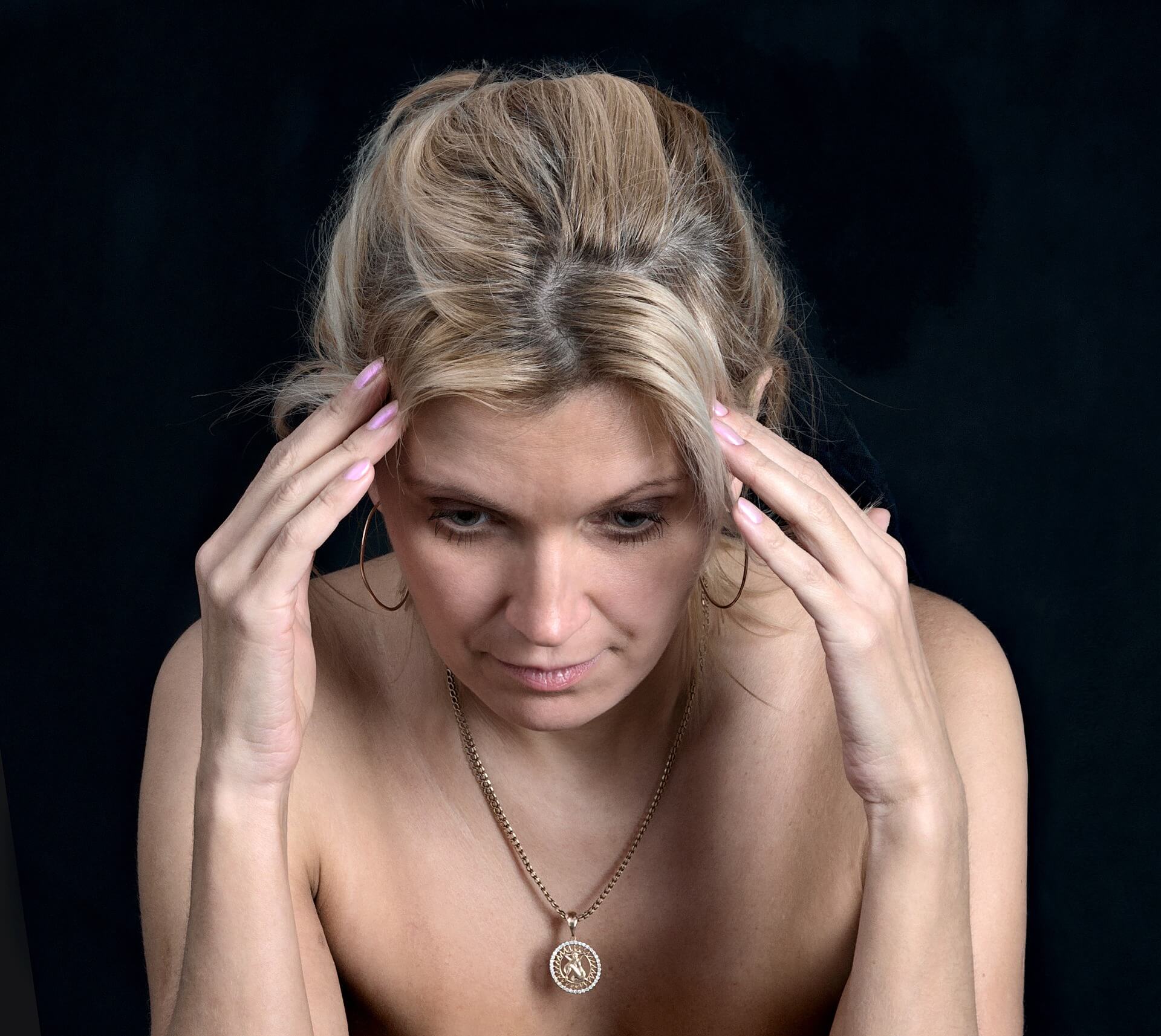There is no doubt that mental health is an issue. The statistics on the state of depression and/or anxiety in America are staggering. In fact, a national survey on mental health revealed that nearly one-third of Americans struggle with significant mental health issues.
So how can we help ourselves and others? Sometimes it’s as simple as considering some ways to improve our mental health. If you are looking for strategies on how to improve your own mental health, then this article has some tips that may help you out. If you’re looking for techniques or strategies on how to help others who struggle with their mental health, learn about the most common types of treatments available today and what they entail.
Get Help
If you or someone you know is struggling with mental health issues, there are many resources available to help you. There are therapists and psychiatrists who can provide counseling and medication. If you’re feeling suicidal, call the National Suicide Prevention Lifeline at 1-800-273-8255. You can also visit the American Foundation for Suicide Prevention website to learn more about suicide prevention.
Medications
One of the most common ways to help people with depression and/or anxiety is to take medication. It’s important to note that medication is not a cure-all for mental health problems, but it can be a useful tool in managing symptoms. For example, antidepressants are mostly used as tools for treating depression, while antipsychotics are typically prescribed for bipolar disorder and schizophrenia.
One type of medication that is often prescribed is an SSRI antidepressant. SSRIs like Zoloft or Prozac work by increasing levels of serotonin in the brain. Serotonin helps balance mood, stress response, sleep quality and appetite.
Unfortunately, there are side effects associated with these medications so it is important to talk to your doctor about potential risks before taking them.
There are other types of medications that may be recommended for conditions such as anxiety or OCD as well. These include antianxiety medications like Xanax or Valium as well as anti-OCD medications like Prozac or Klonopin .
Therapy
Therapy is a highly effective form of treatment that can help improve mental health. Therapy can be used as an alternative to medication and is often more effective than medication since it helps people understand the cause of their issues and develop coping strategies.
Therapy for depression and/or anxiety can be long-term or short-term, depending on the individual’s needs. It can also be used in conjunction with other treatments, like electroconvulsive therapy (ECT) or cognitive behavioral therapy (CBT). Therapy may not be appropriate for everyone, so it’s important to consult your doctor before starting therapy.
One of the most common types of therapy for depression and/or anxiety is cognitive behavioral therapy (CBT). This type of therapy helps individuals identify negative thoughts that contribute to feelings of low self-esteem or worthlessness and learn ways to manage these thoughts more effectively. In addition, CBT helps individuals identify poor behaviors that contribute to troublesome emotions by teaching them how to tolerate uncomfortable emotions without acting out in unhealthy ways. The result? Improved mental well-being.
A similar type of therapy that addresses PTSD is eye movement desensitization reprocessing (EMDR). This type of treatment focuses on processing traumatic memories while simultaneously stimulating different areas of the brain in order to reduce symptoms. EMDR also helps people recognize when they are experiencing physical responses related to trauma and teach them how to respond more appropriately when these reactions occur.
Cognitive Behavioral Therapy
Cognitive Behavioral Therapy (CBT) is an evidence-based method to help with depression, anxiety, OCD, PTSD and more. Cognitive Behavioral Therapy works to change the way we think about the situations that trigger our emotions. For example, if you have a fear of spiders or heights, CBT will work on changing your thinking so that you’re not bothered by these situations anymore.
There are many types of treatments available for mental health issues. One popular treatment is Cognitive Behavioral Therapy. If you want to learn more about CBT and how it can help with certain mental health disorders, then this article has some great tips on how to do so!
Dialectical Behavioral Therapy
Dialectical behavioral therapy is a type of therapy that utilizes the idea of opposites. It is a form of cognitive-behavioral therapy (CBT) that is designed to help people with a range of mental health issues such as depression, addiction, and self-harm.
This philosophy can be applied in many different ways to help with depression and anxiety. For example, the therapist may ask you to do things like learn how not to think about your problems so much or what it feels like not to care about yourself for a few hours.
Supportive Psychotherapy
This is one of the most common treatments for mental health issues. Psychotherapy helps you to identify what went wrong in your life and how to improve it. It can also help you understand why you might be struggling with certain mental health issues or what triggers the negative feelings that you have.
Psychotherapy can help people get better through cognitive behavioral therapy (CBT). This helps people change their thoughts, behaviors, and emotions. With CBT, someone would learn new coping skills and alternative ways of thinking to decrease their symptoms or be able to easily deal with them.
Another common treatment includes medication. Medication may not always be necessary, but it is an option worth considering if other types of treatments have had no success. The purpose of medication is to allow the person suffering from a mental health issue to live more comfortably and effectively in their day-to-day life without having debilitating symptoms.
Psychotherapy in the digital age
If you’re struggling with your mental health, psychotherapy may be the best treatment option for you. Psychotherapy can be used for depression, anxiety, OCD, PTSD and more. But what does it entail?
Psychotherapy is a form of talk therapy where an individual meets with a trained therapist to talk about issues that are causing them stress. Psychotherapy can include cognitive behavioral therapy (CBT), cognitive analytic therapy (CAT), behavioral therapy (BT), and interpersonal therapy (IPT), among others.
As an expert in online psychotherapy, Dr. Lise Wolff emphasizes the importance of finding a good therapist when seeking treatment for mental health issues like depression or anxiety: “It’s not just any psychologist who can help address these conditions,” she says. “There are many different issues surrounding psychological disorders which require specific training.” This training ensures that a therapist is capable of providing effective treatments to their patients. For example, if you have obsessive-compulsive disorder (OCD) then you will most likely need to work on their compulsions and obsessions through exposure-based treatments such as systematic desensitization or thought stopping exercises.
Takeaway:
If you are struggling with your mental health and need help, the following tips may help.
1. Get help:
2. Medications:
3. Therapy:
4. Cognitive Behavioral Therapy:
5. Dialectical Behavioral Therapy:
6. Supportive Psychotherapy:
7. Psychotherapy in the digital age












